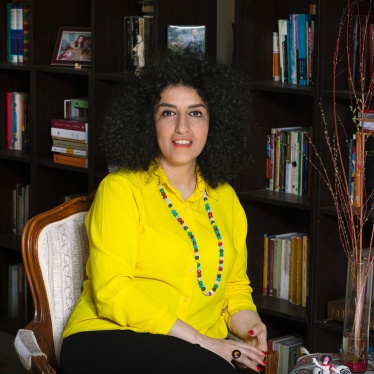Last week, an independent panel released a much-anticipated report on sexual exploitation and abuse by peacekeepers and United Nations staff of the very people they are meant to be protecting. Reports of egregious abuse by peacekeepers in the Central African Republic, including the rape of children, prompted the investigation. In some cases the perpetrators were wearing UN blue helmets. Some, like the French Sangaris troops, were in Central African Republic to support African Union forces until they were replaced by a UN peacekeeping mission.
As shocking as these cases are, their occurrence is unfortunately neither unusual nor new. Such abuse by UN peacekeepers and staff has been found at least since the 1990s in peacekeeping missions in Bosnia and Herzegovina, Cambodia, the Democratic Republic of Congo, East Timor, Haiti, Liberia, Sierra Leone, and South Sudan, among others. Troops from Pakistan, Bangladesh, Sri Lanka, Uganda, Burundi, and the Democratic Republic of Congo have been among those implicated in the abuse.
Despite repeated handwringing, new policies, and investigations over the years, transparency remains largely absent. It is notoriously difficult to find out what allegations have been made against which peacekeepers and UN staff, and almost impossible to find out if they resulted in investigations and prosecutions, let alone convictions. Alleged perpetrators are often sent home before any action is taken. Victims are often left in the lurch, receiving little assistance in the way of medical services, counseling, or financial support, and little, if any, information about the status of their cases.
Over the past year, efforts to address sexual exploitation and abuse have included commitments from UN Secretary-General Ban Ki-moon to regularly provide information on allegations, and attempts to assign responsibility within the UN system for these crimes.
Rather than the current policy of calling it a “conduct and discipline” issue, the new report calls for the UN to finally treat sexual exploitation and abuse as the crime and rights violation it is: conflict-related sexual violence. It calls for much-needed clear leadership within the UN system regarding allegations, and a trust fund to provide services to survivors. The report also reiterates earlier calls for troops to be “vetted” before they are allowed to serve in UN missions in an effort to prevent rights abusers from serving as “blue helmets.”
This report and other UN promises will only work if the UN confronts the troop and police contributing countries themselves, and the systemic barriers preventing their troops from being held accountable. The UN, the African Union, and individual governments pass this responsibility like a hot potato. The UN should stop tiptoeing around, trying not to offend governments. This is about whether victims will finally matter as much as politics.






